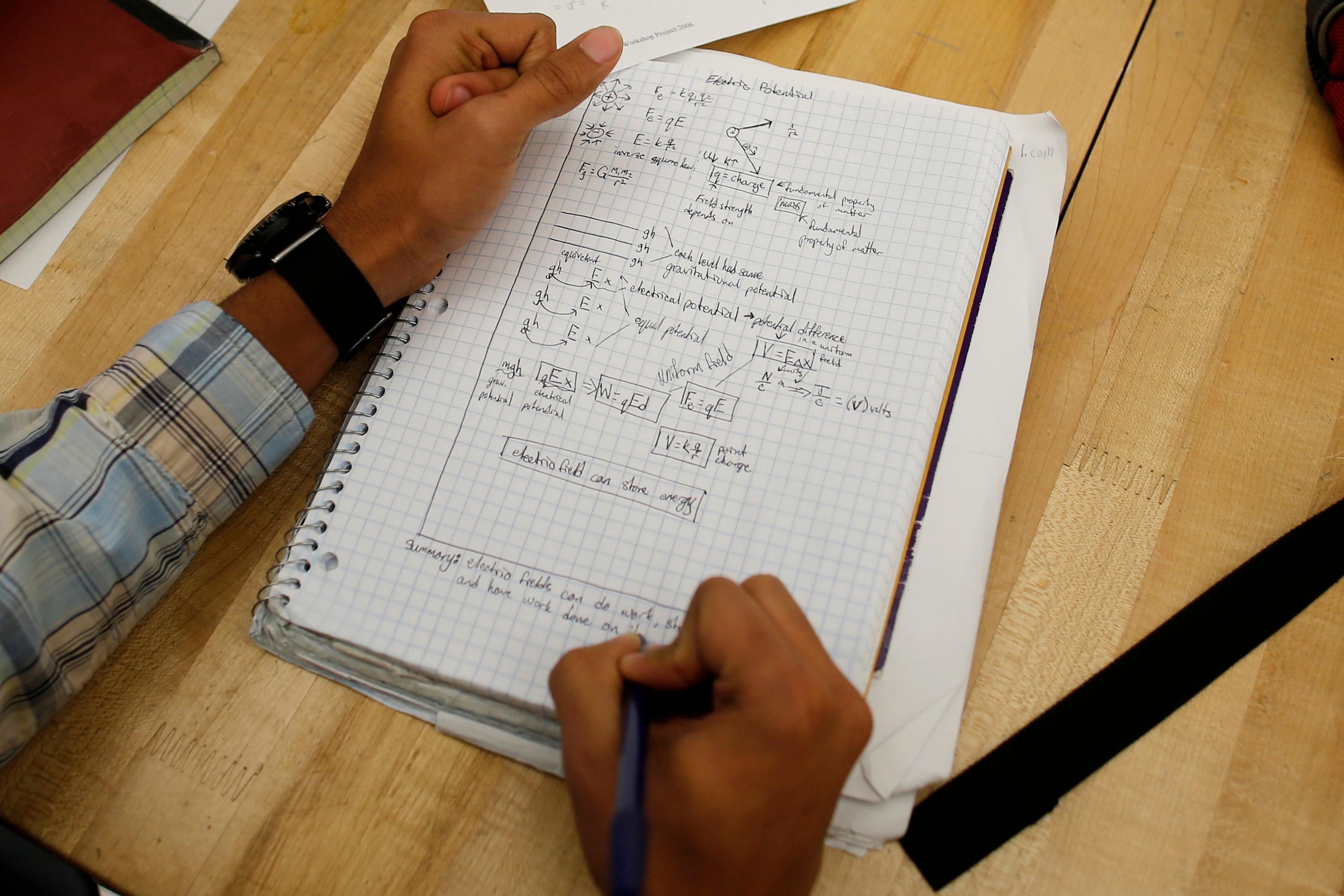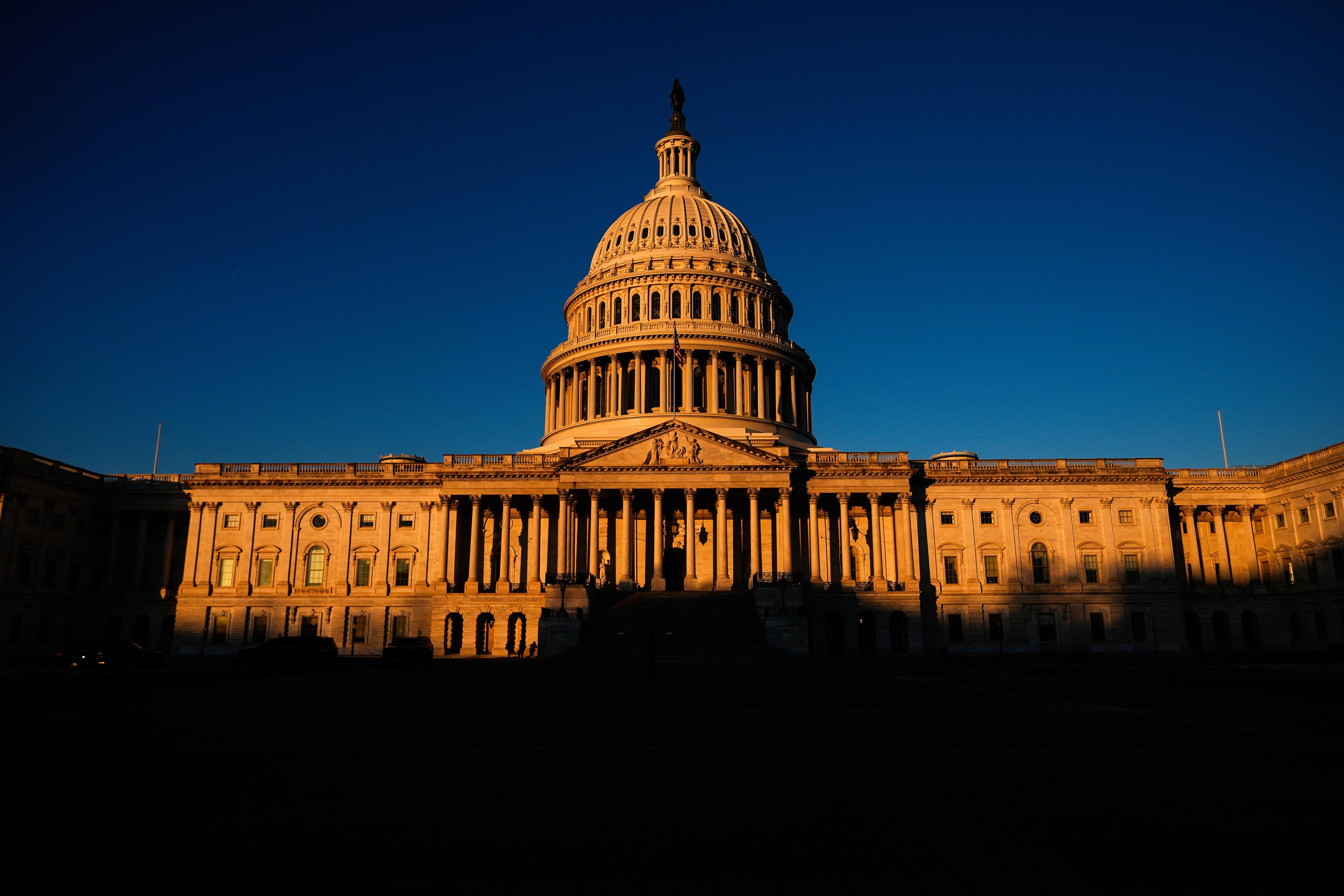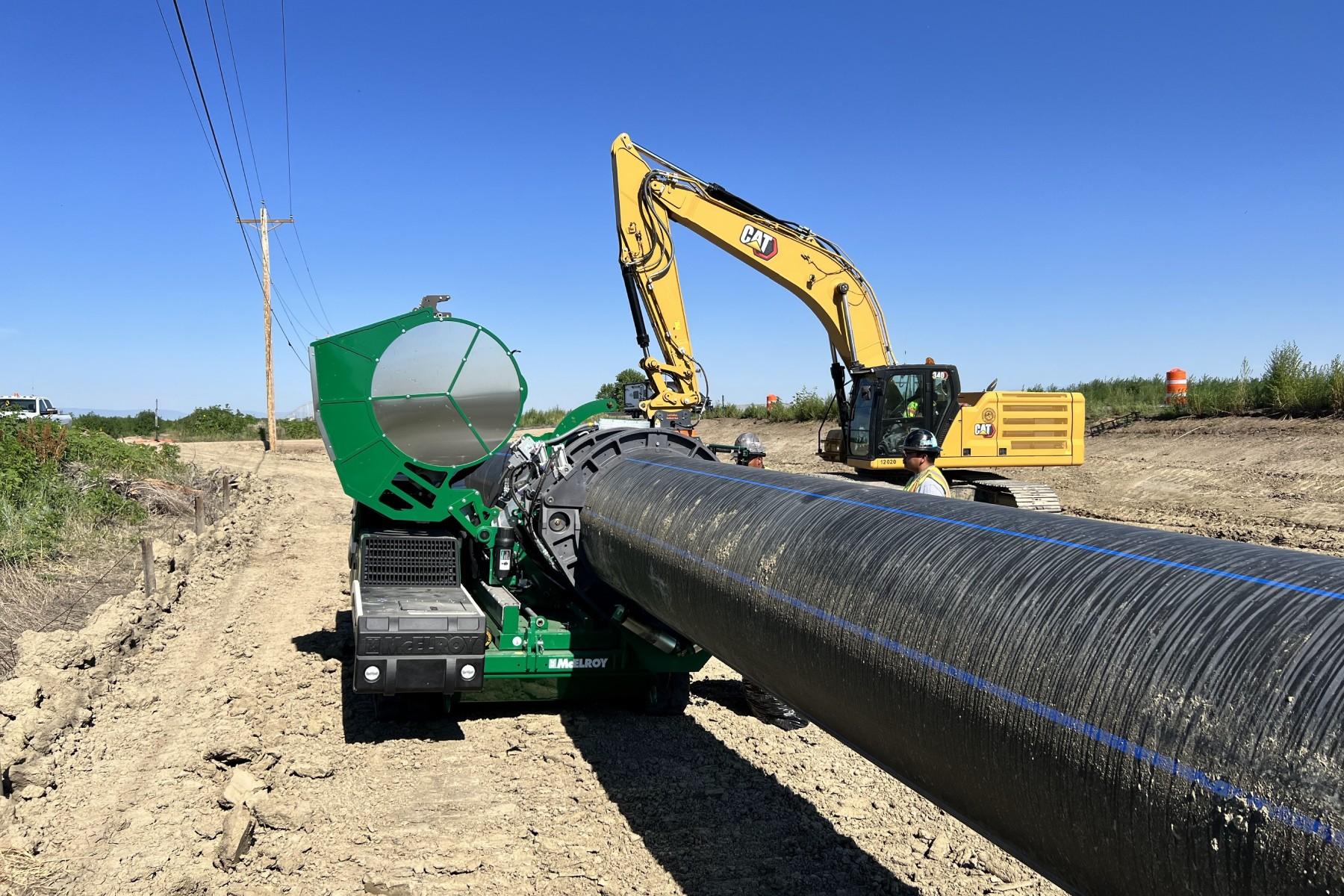

Under new rules in Colorado, high school students scoring a 3 or better on an Advanced Placement test will earn three college credits at no charge. Newly released scores from the state Department of Education show 28 percent of the class of 2015 met that minimum score on an AP exam.
Those students took 46,397 AP exams in 2015, applying the three-credit rule, that translates into about 139,191 college credits. Using an average $324.93 per credit hour, the department calculated the potential savings overall to about $45 million for students and families.
That’s the seventh highest rank in the nation. A decade ago, only 16 percent of Colorado students scored a 3 or higher.
There's a downside to the most recent numbers though. Of the students eligible for free and reduced lunch benefits -- the standard by which economic demographics are measured -- slightly more than 19 percent of those took AP exams. Of those, about 15 percent scored a 3 or higher on AP tests. That's far less than statewide average for all students.
The state department of education estimates a potential cost savings for students of more than $45 million because of the new college credit rule. Officials, though, say there’s room for improvement. While 44 percent of all high school students took at AP exam, only 19 percent of low-income students did.








